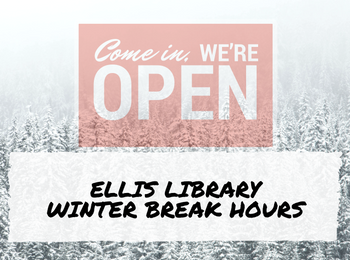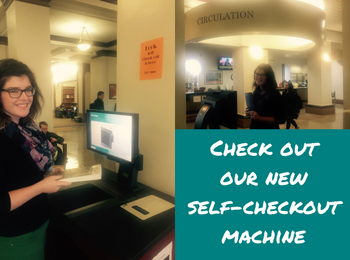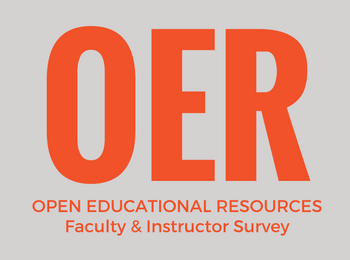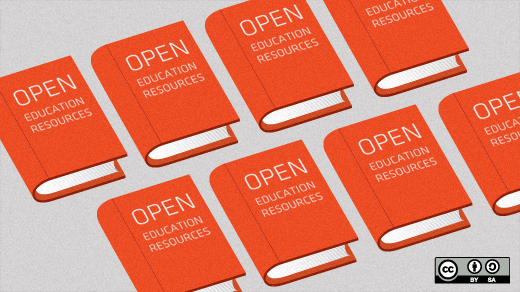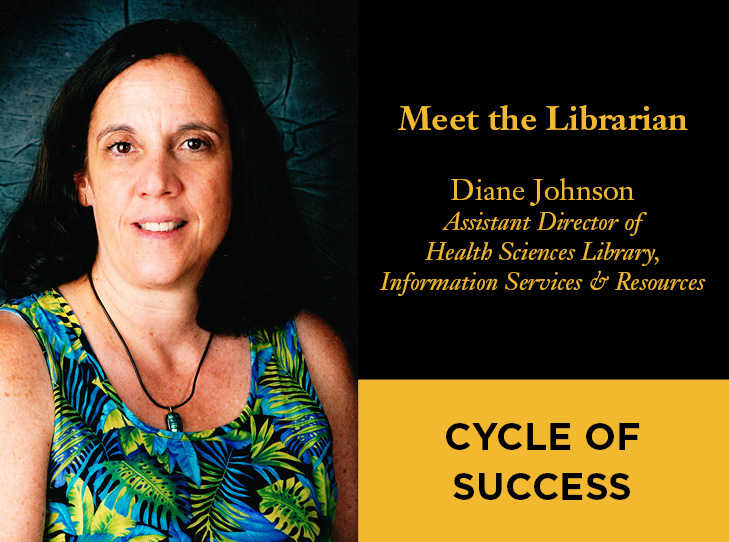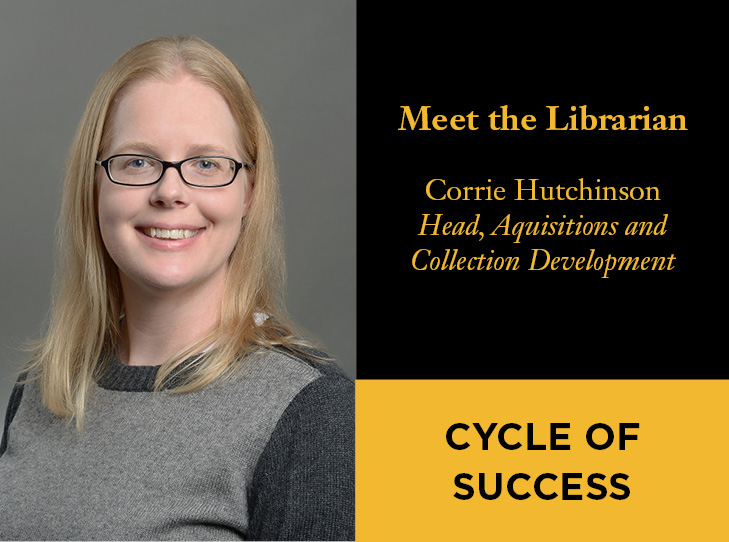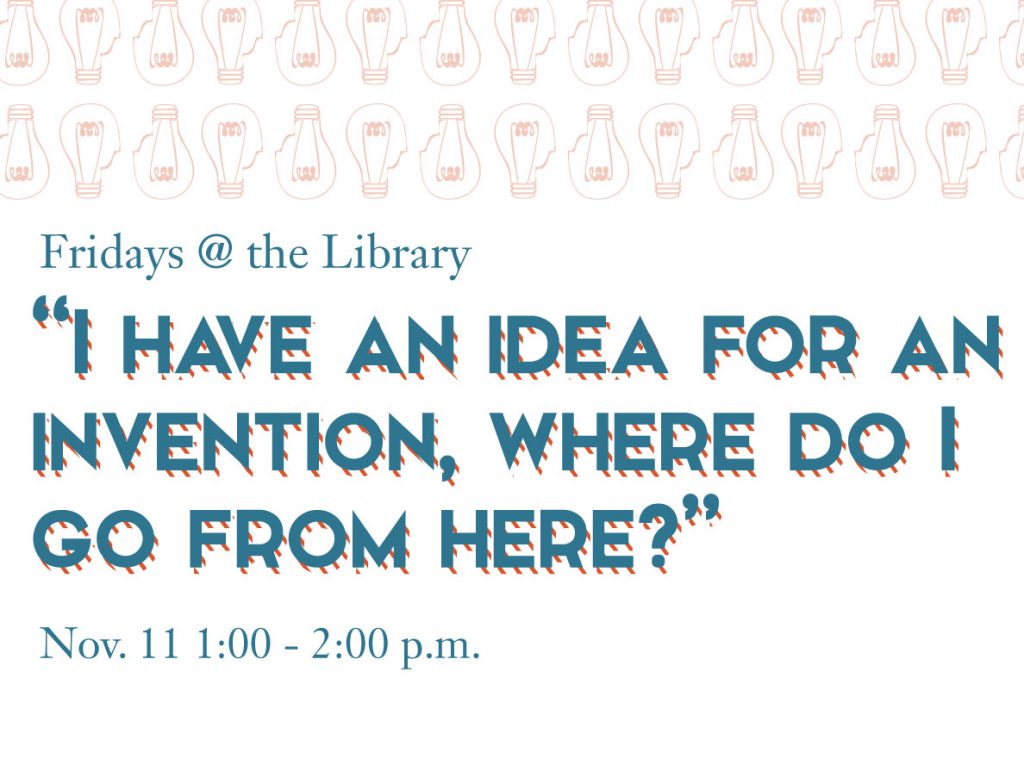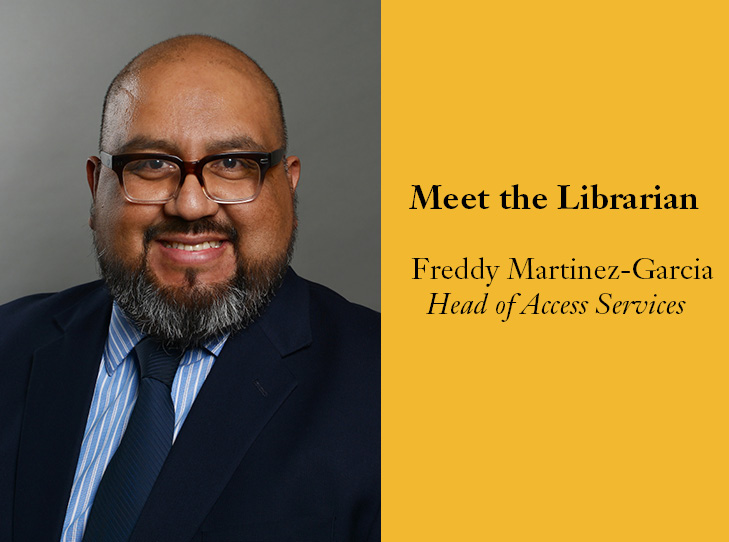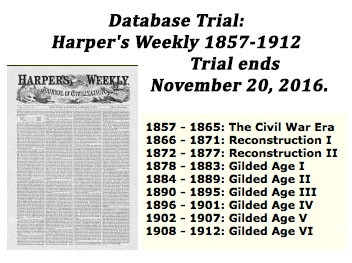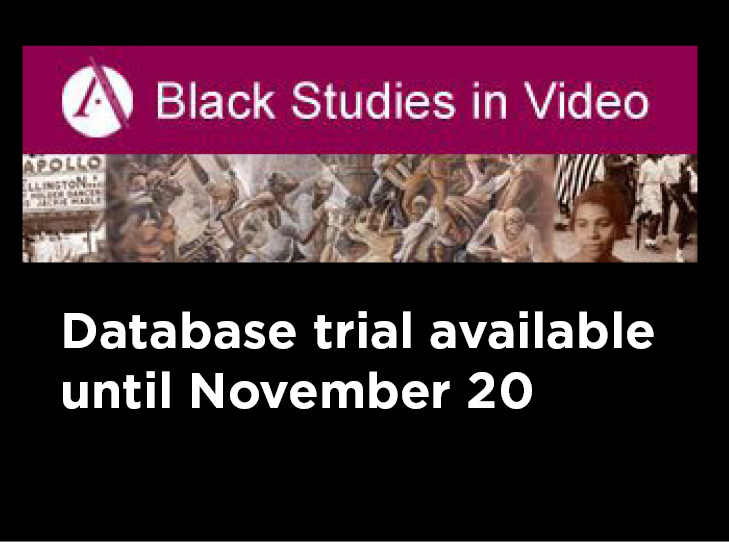Can you tell us a little about your background and experience and what led you to MU libraries?
I made up my mind to become a librarian when I was just a kid after seeing my hometown librarian, Anna Detjen, walk to a shelf, pull off a book, open it to a page, and say: “There’s the answer to your question.” How did she do that? How could I learn to do that? I wanted to be a public librarian – I didn’t even know medical libraries existed – but when I tried to set up an internship in college, none were available in public libraries. I was given the choice between an internship in a patient library in a hospital for the criminally insane or in a nursing school library, so I chose the latter. And once there, I found out about the Medical Subject Heading vocabulary, which is used for organizing medical journal articles and books. It made so much sense. I opted for medical librarianship and never looked back.
I interviewed at MU back in 1980 when I was finishing library school at the University of Minnesota. It was a beautiful spring day, and I fell in love with Columbia and knew right away I wanted to come here.
What are some of the unique aspects of your job?
Here in the J. Otto Lottes Health Sciences Library, we spend a lot of time and effort trying to bring our services and collections to our users as part of their normal workflow. Some of us work with clinical teams, answering questions as they arise. In that context, we go beyond simply supplying bibliographies and reference lists to providing summary and synthesis of results.
I’ve also served as co-investigator on systematic reviews, a research method in which you search for, analyze and summarize all of the studies addressing a specific clinical question. I develop the searches and document the search strategies for the research protocol. Librarians are uniquely qualified for this role since it is our business to be familiar with the history, quirks and vagaries of different databases and search engines.
What are some of the ways technology has changed the way your library offers reference services?
Two recent exciting developments, proactive chat and co-browsing, have really helped us amp up our level of service. With proactive chat, if somebody sits on one of our webpages for more than a minute or two, a window pops up to ask them if they need any help. Another recent addition that people really seem to like is co-browsing. When somebody comes into the chat room and needs help doing a search, we can share our screen and talk them through each step in the search. At the conclusion of one recent session, a user told me, "This may have been the most helpful customer service experience in my life."
It’s fun to look back at how far we’ve come. When I started in 1980, our library had two computers, which communicated over phone lines to the National Library of Medicine and the OCLC Library Catalog service. With the latter, we couldn’t just search for a book title, we had to use coded search keys. And we couldn’t search for organization names until after 4 p.m. because it would overwhelm the computer.
Even though the tools have changed dramatically, our core service of helping people get answers to their questions is still much the same.
What types of renovation are needed in the Health Sciences Library in order to better serve your patrons?
It will come as no surprise to anyone who has visited the Health Sciences Library that much of our carpeting and many of our chairs are older than most of our students!
Since the medical and health professions curriculum focuses on small-group learning, we need collaborative spaces where our students can work together in small groups without disturbing those studying around them.
I would like to have white noise machines installed so that people on the third floor can’t hear conversations from two floors below, and vice versa. We’ve had heating and cooling issues in this building ever since it opened, and it’s my fervent hope that we can address these issues in the renovations.
I also think a renovation of the Health Sciences Library would provide an opportunity to retrofit an aging building to make it more energy-efficient. Library buildings much older than ours have achieved LEED gold certification by installing energy-efficient lighting, heating, cooling and plumbing and by choosing furnishings that make use of recycled content.
In this age of mobile computing, we are returning to an era when we can focus on designing spaces to meet the needs of people rather than machines. People will be bringing their increasingly portable computers with them, so we don’t need to have as many computer desks. Instead, we can focus on an inviting mixture of desks for individual study, small-group study areas, and soft seating where people can put their feet up.
